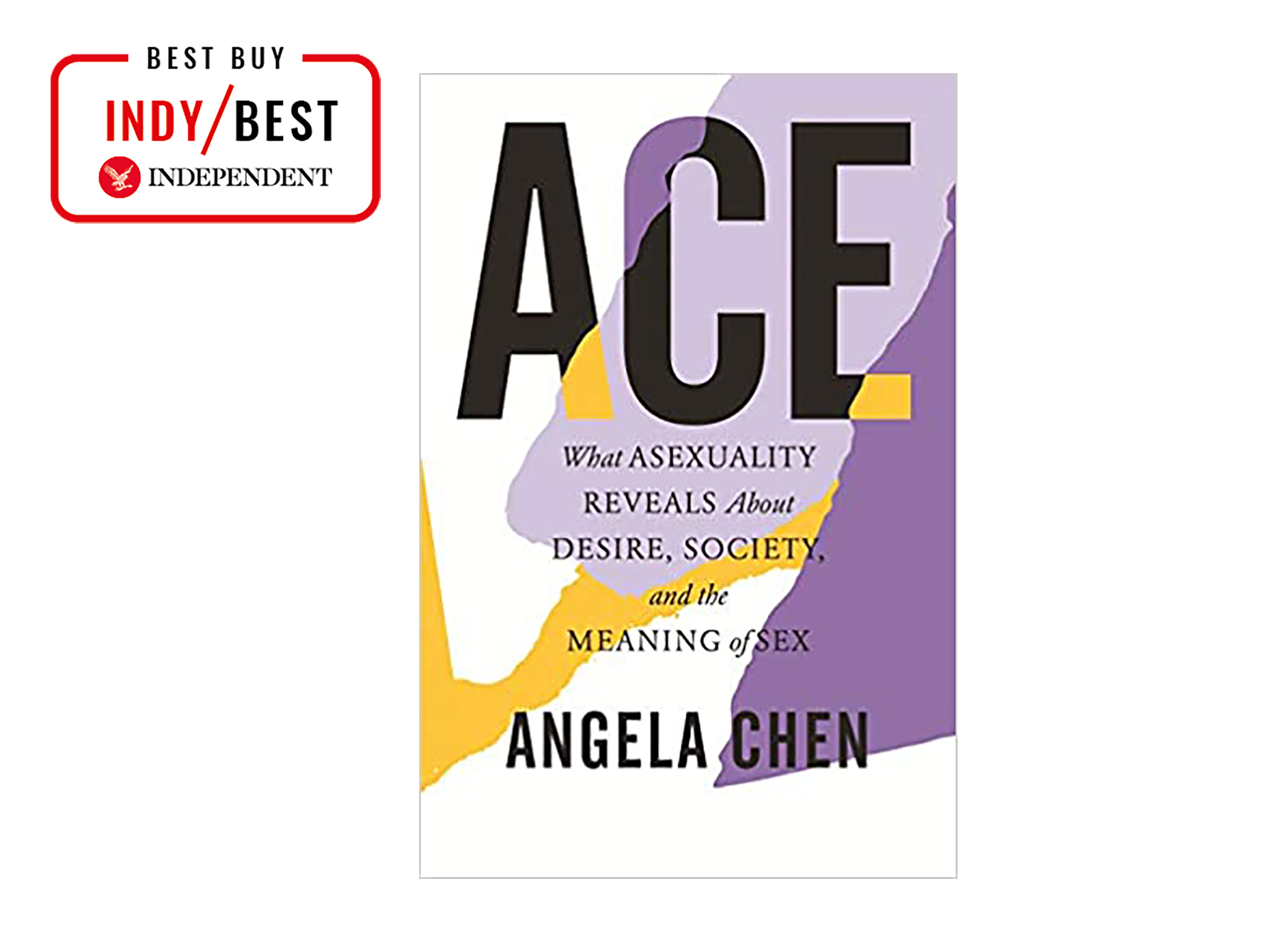
The Independent's journalism is supported by our readers. When you purchase through links on our site, we may earn commission. Why trust us?
15 best LGBT+ books to read this Pride Month and celebrate queer voices with
Explore delightful, devastating and insightful titles, from ‘Young Mungo’ to ‘The Black Flamingo’
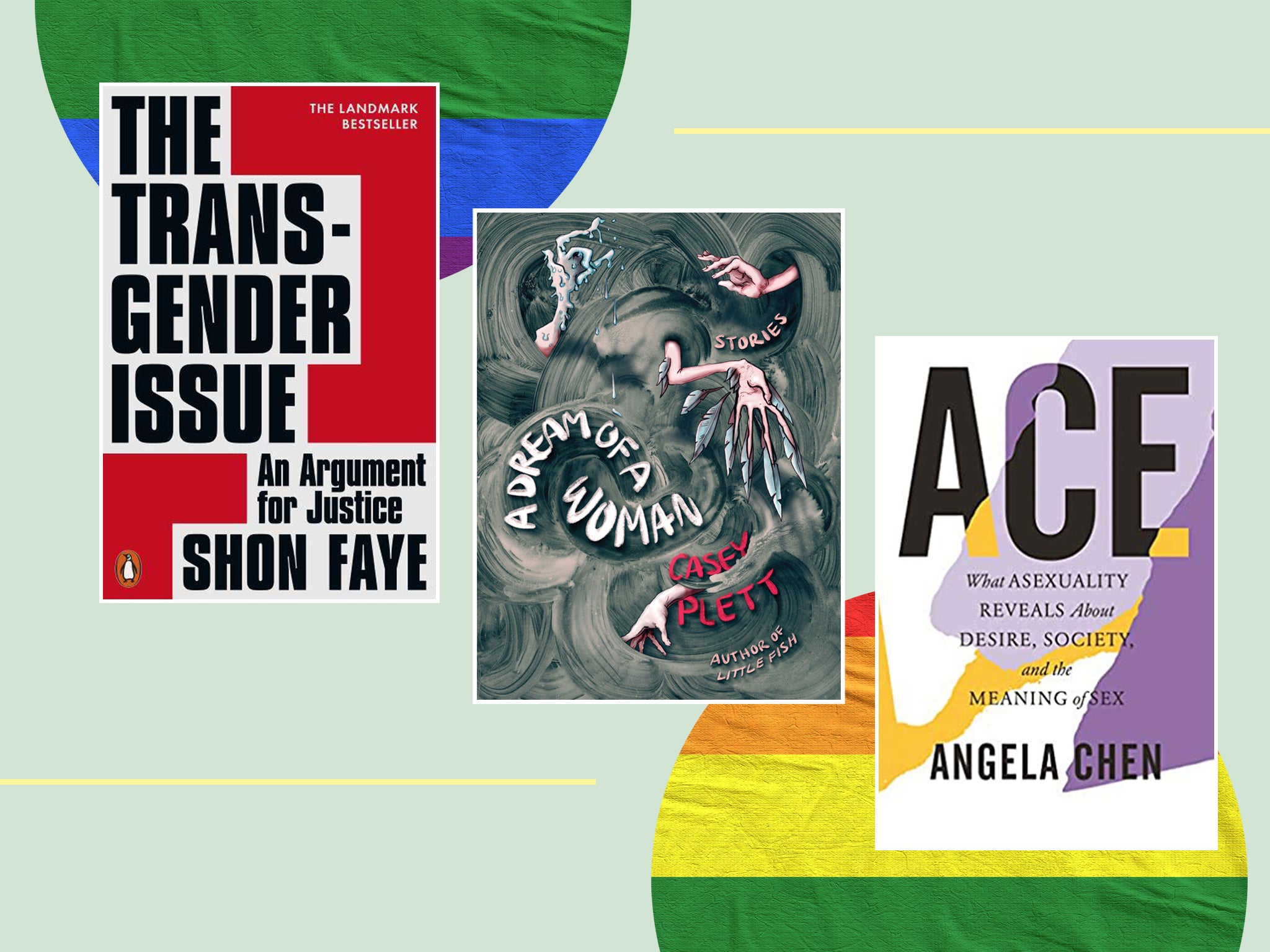
 ‘Ace: What Asexuality Reveals About Desire, Society, and the Meaning of Sex’ by Angela Chen, published by Beacon PressRead review£10
‘Ace: What Asexuality Reveals About Desire, Society, and the Meaning of Sex’ by Angela Chen, published by Beacon PressRead review£10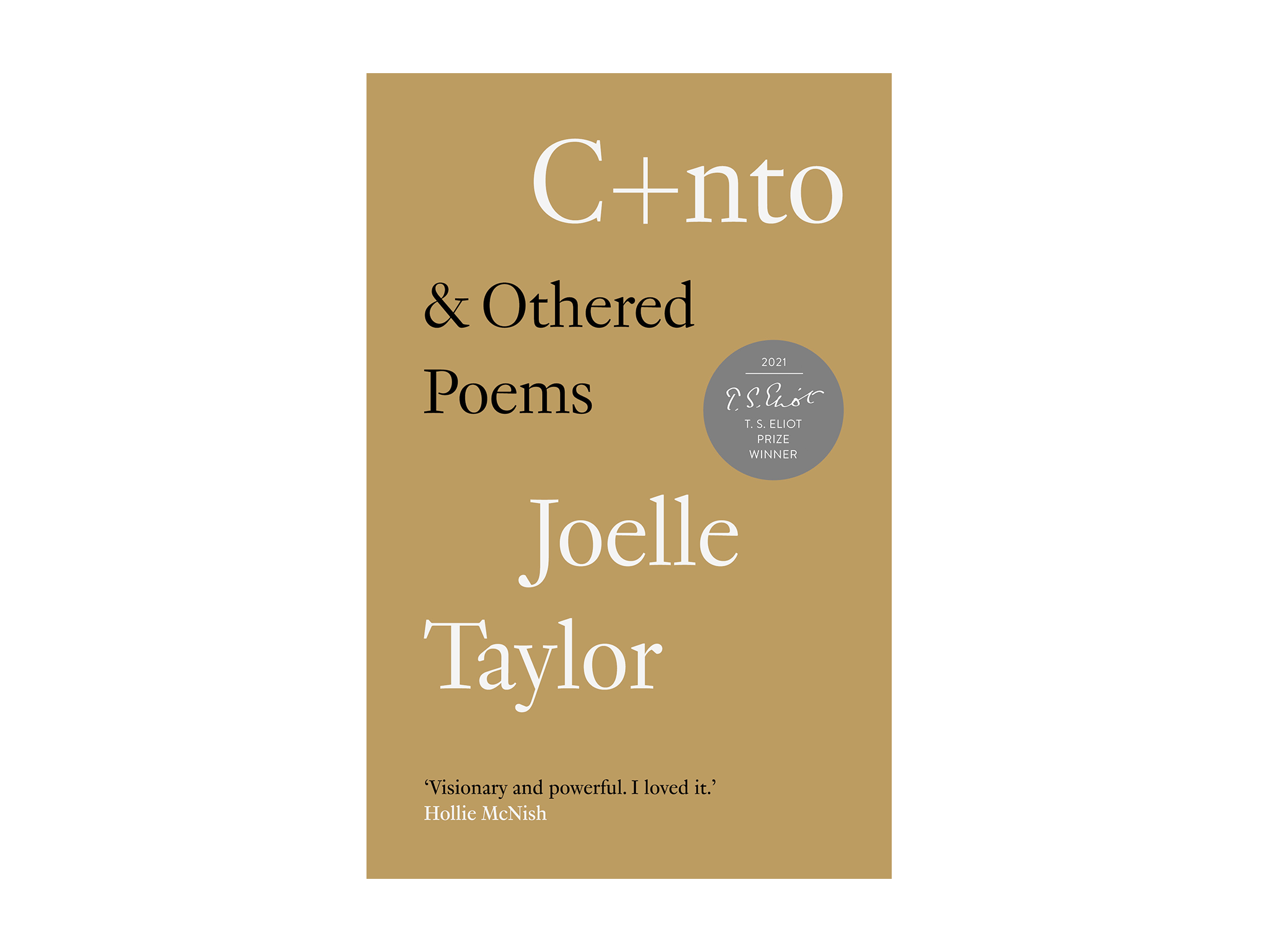
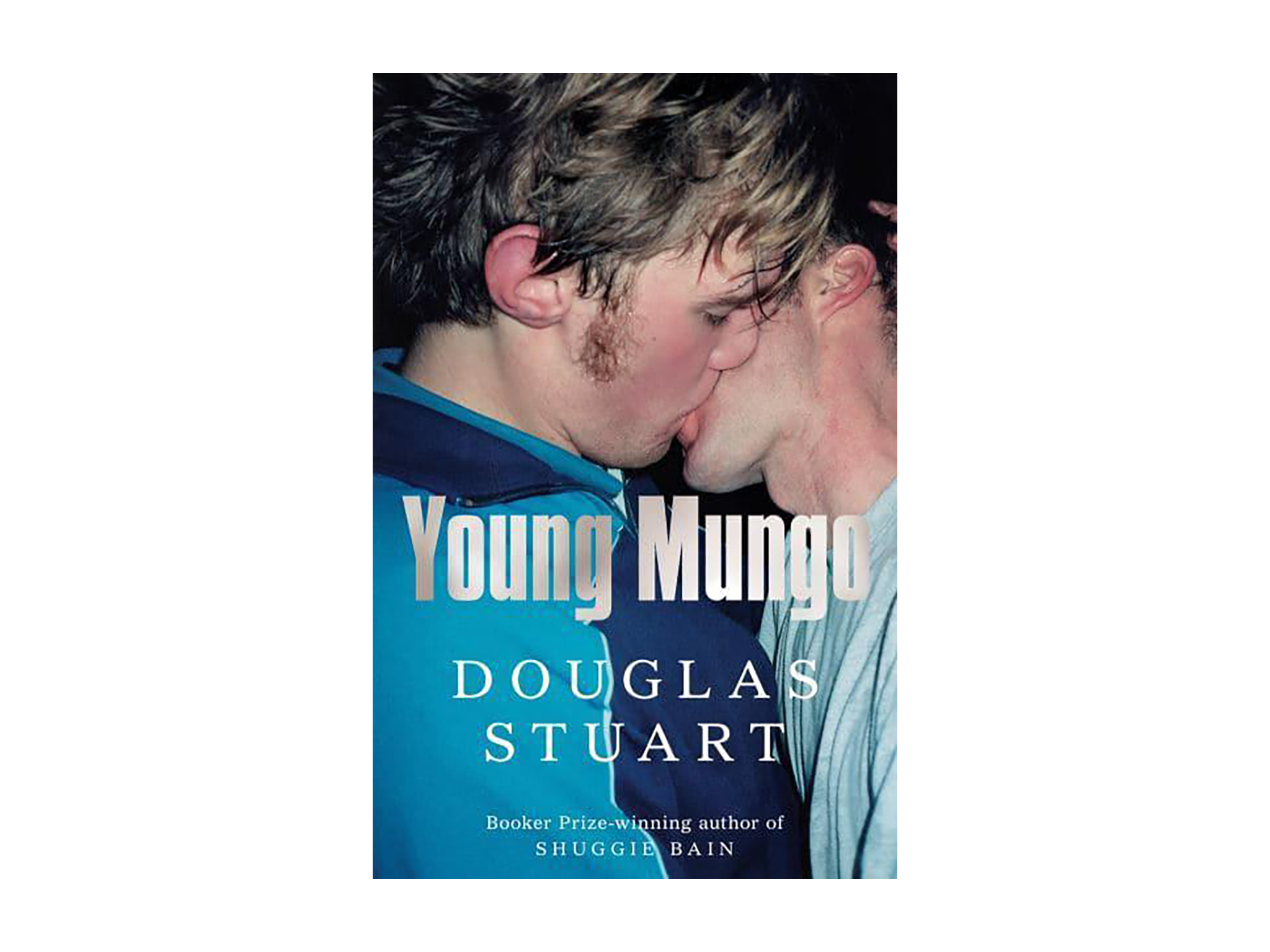
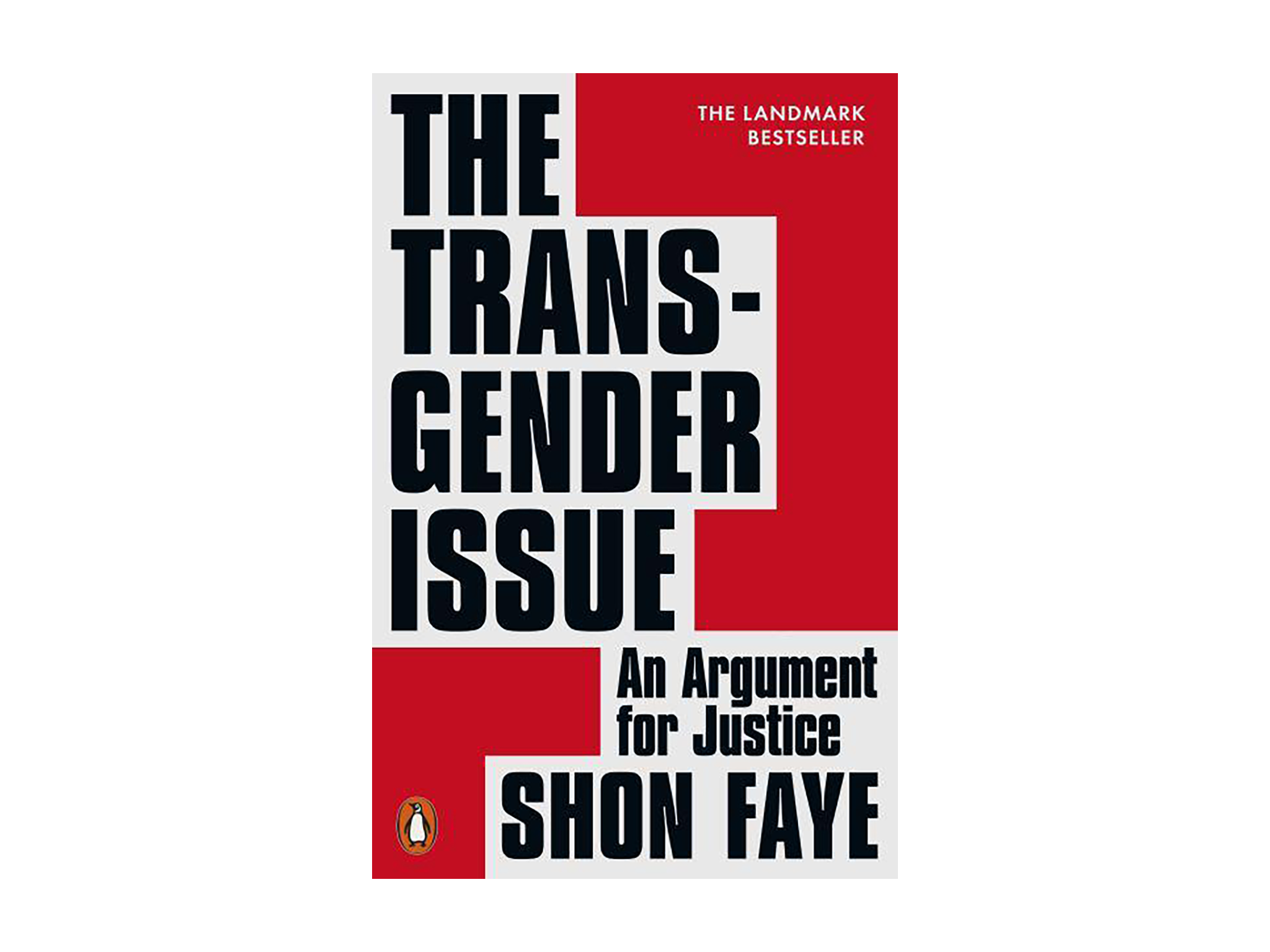
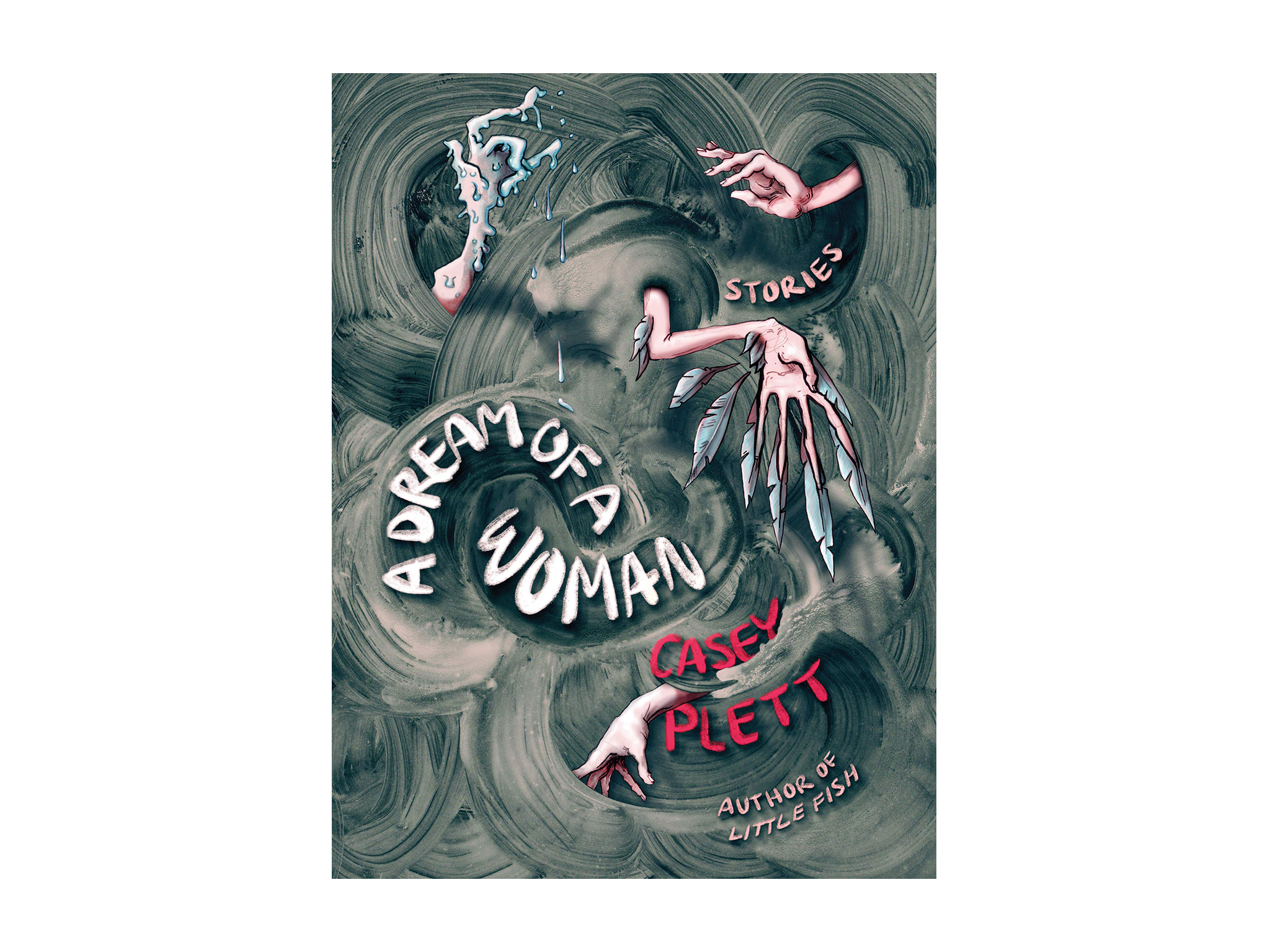
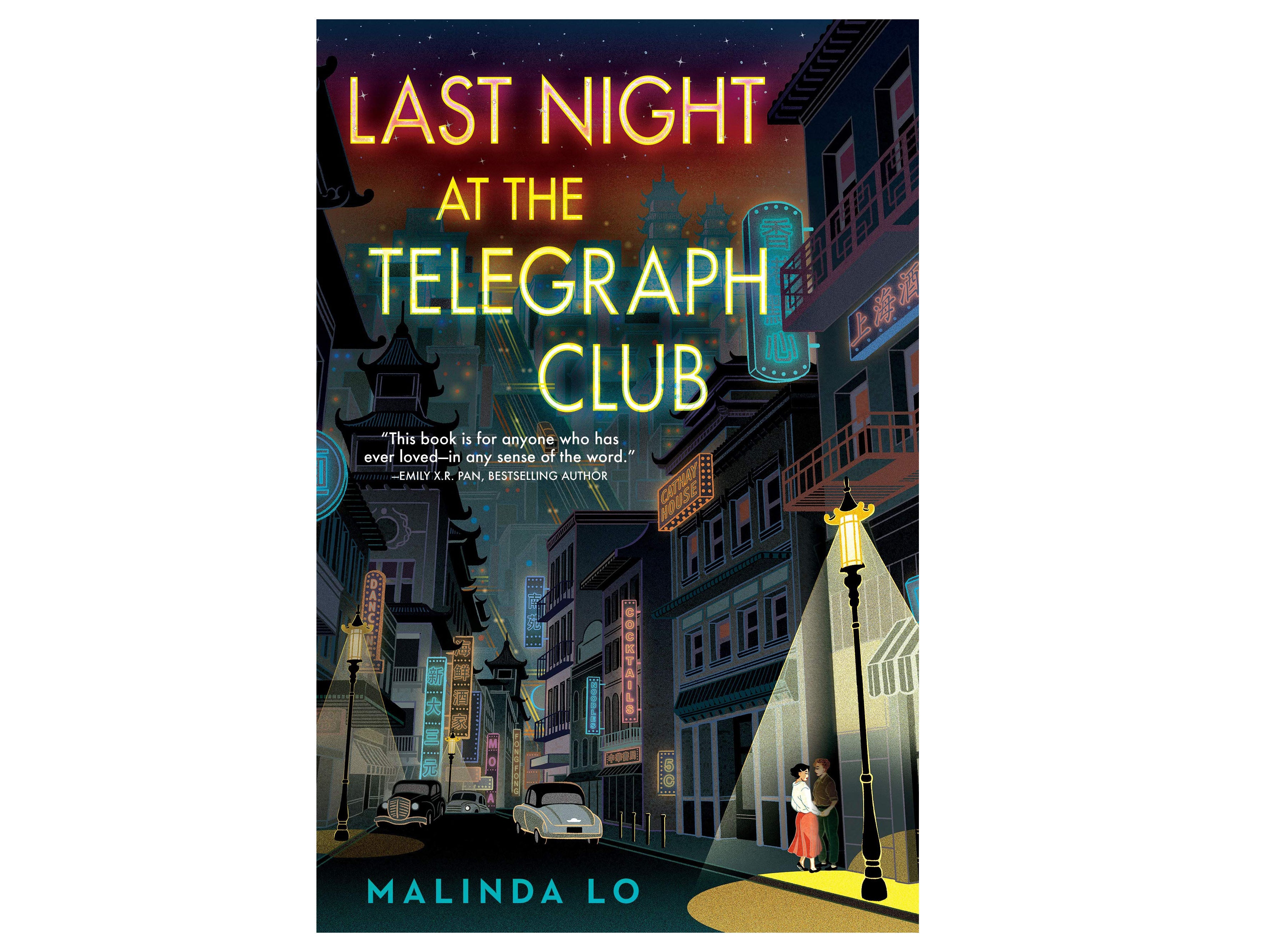
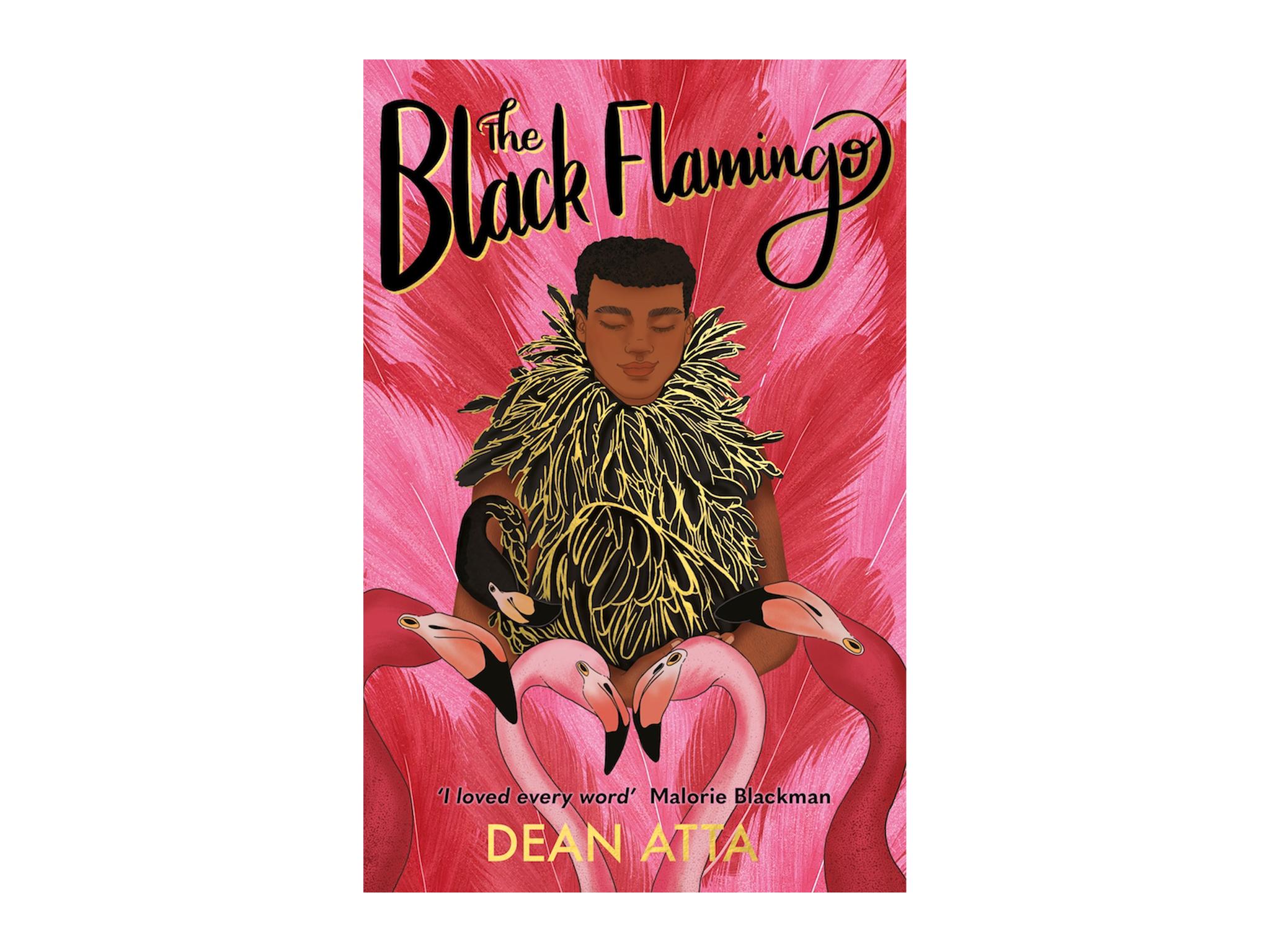
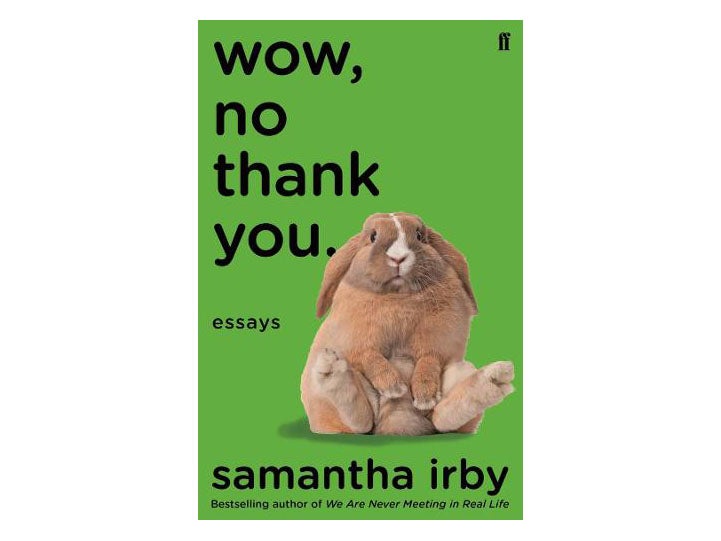
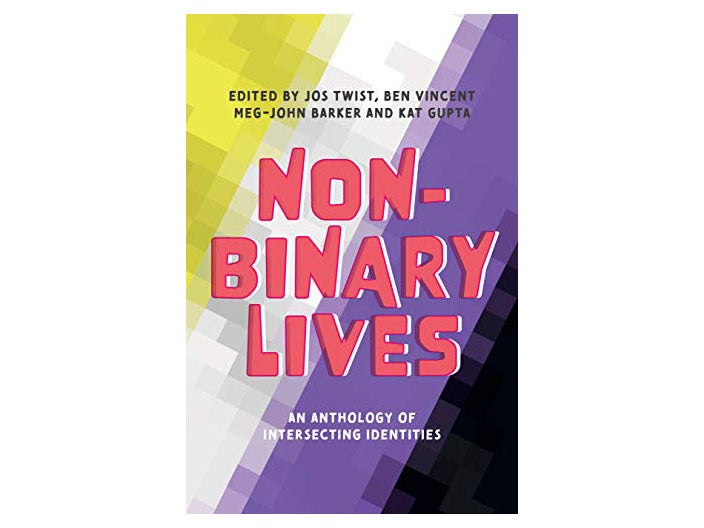 ‘Non-Binary Lives: An Anthology of Intersecting Identities’ edited by Jos Twist, Ben Vincent, Meg-John Barker and Kat Gupta, published by Jessica Kingsley PublishersRead review£13
‘Non-Binary Lives: An Anthology of Intersecting Identities’ edited by Jos Twist, Ben Vincent, Meg-John Barker and Kat Gupta, published by Jessica Kingsley PublishersRead review£13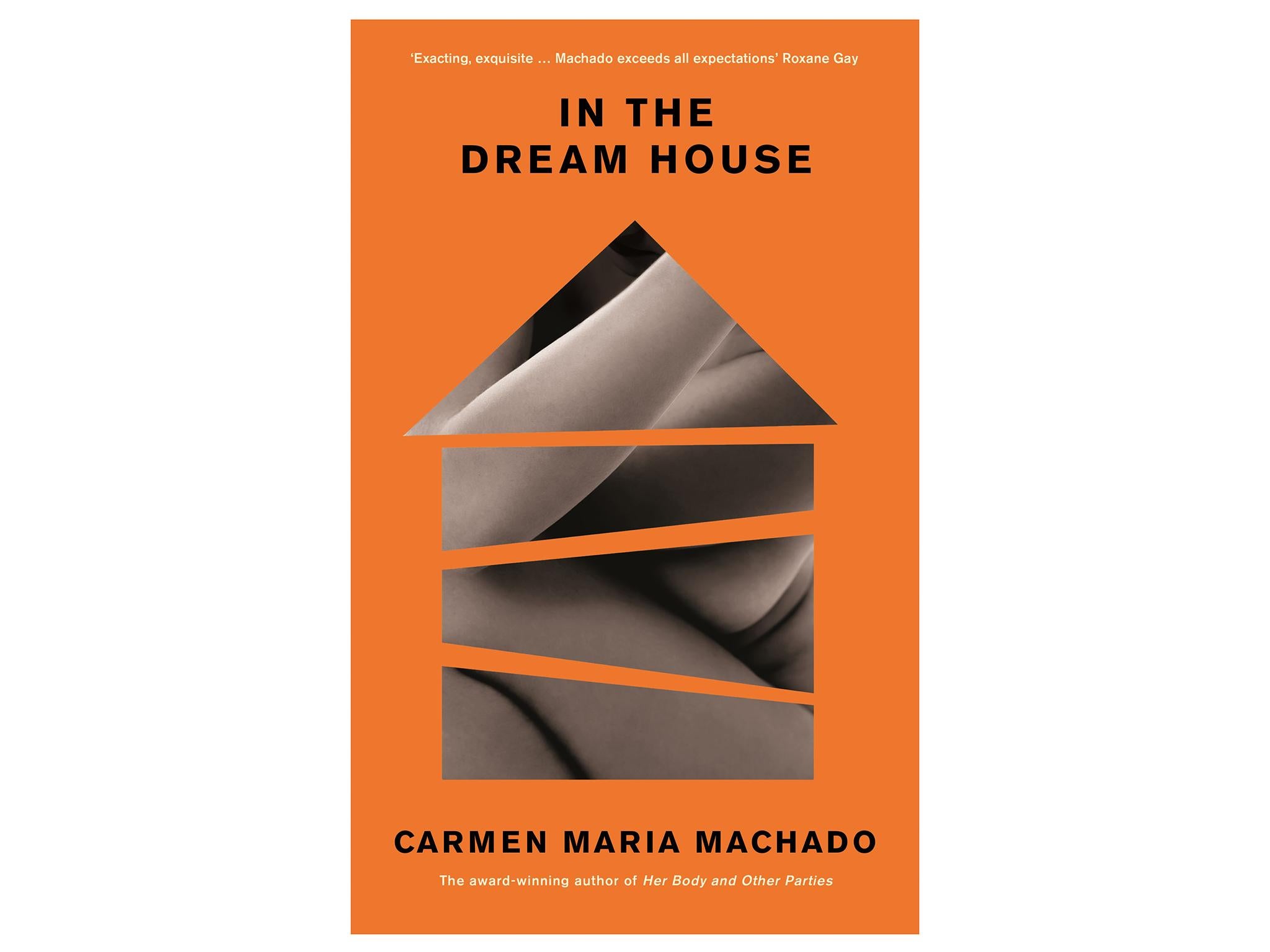
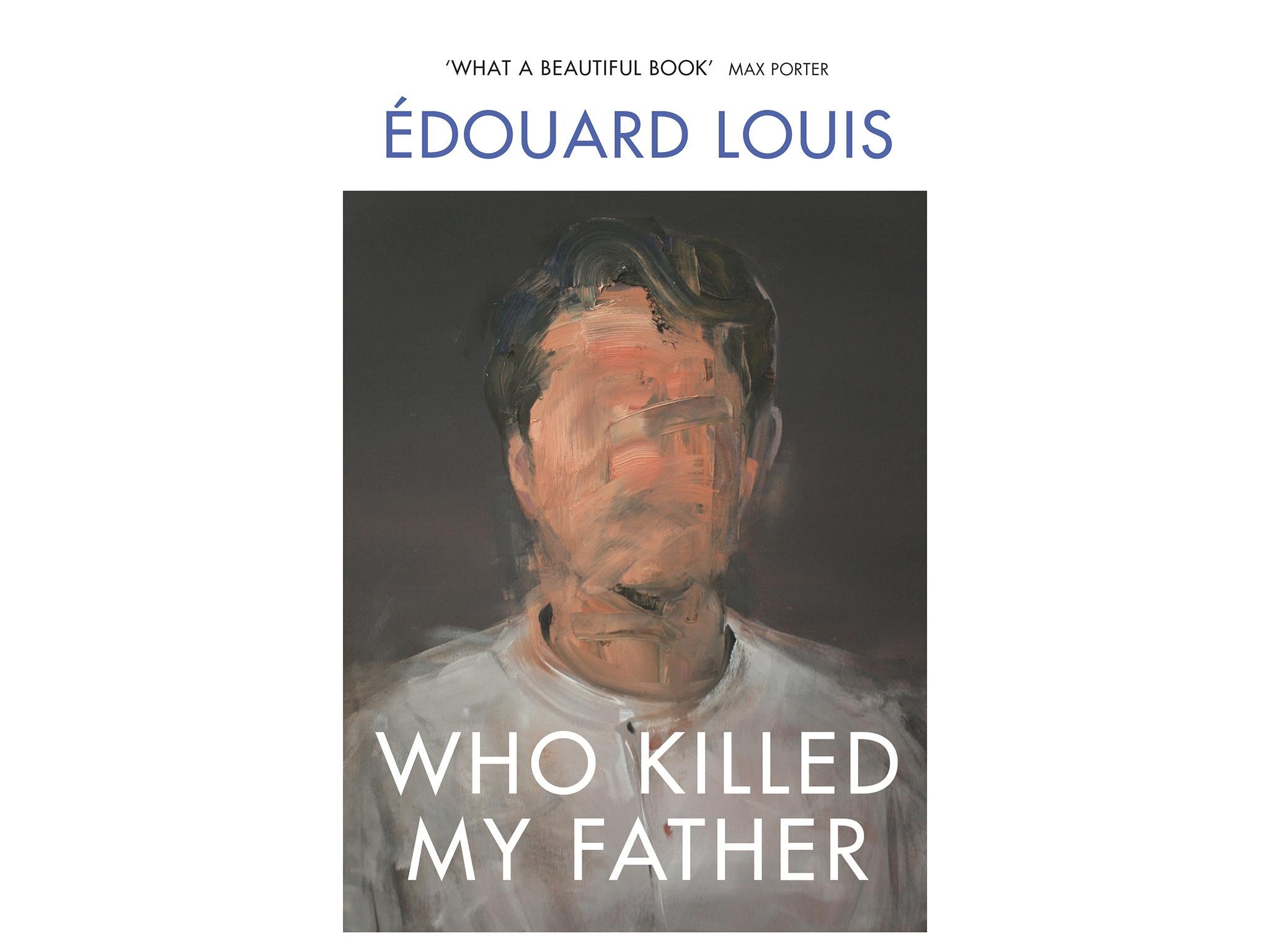
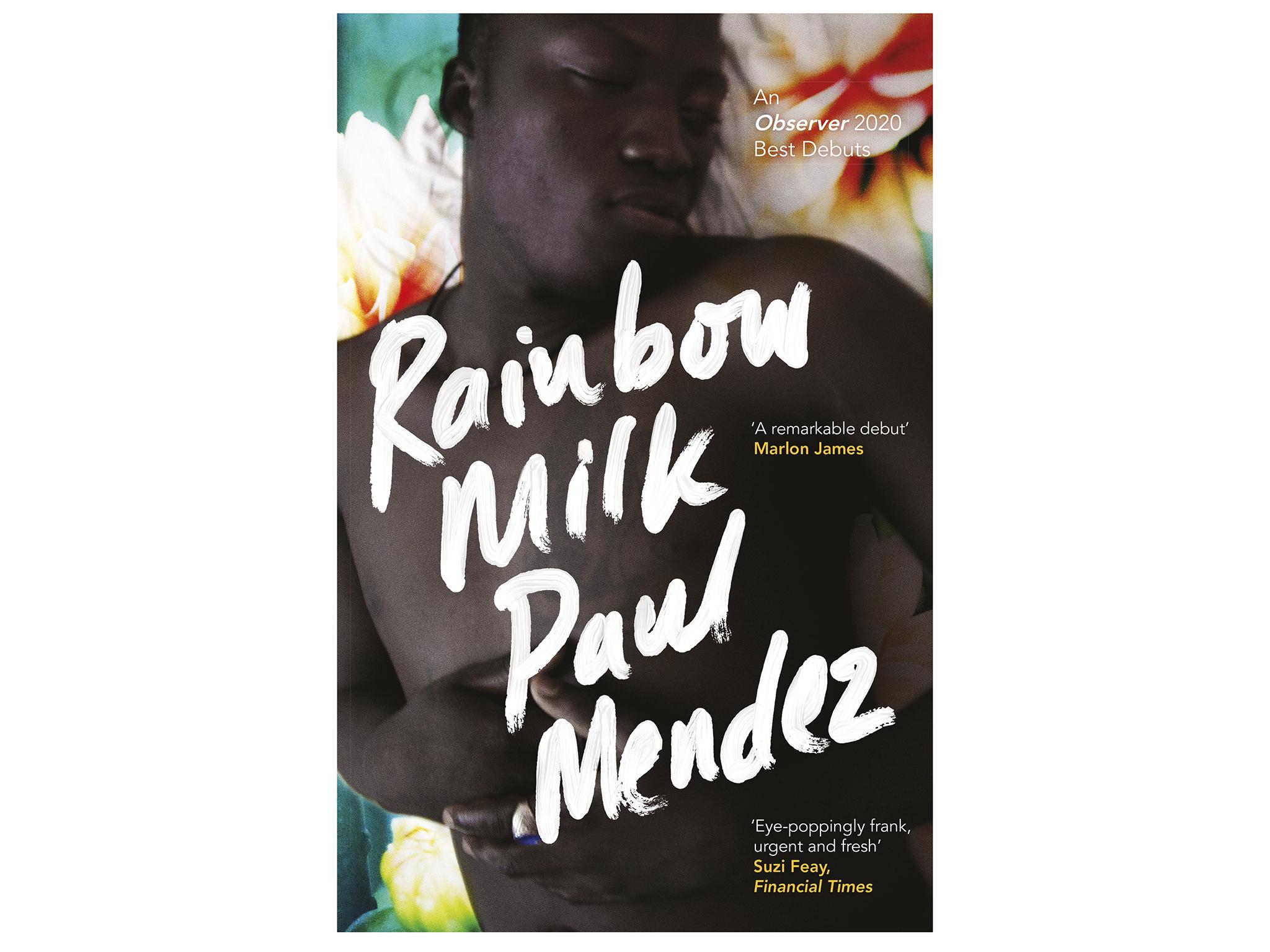
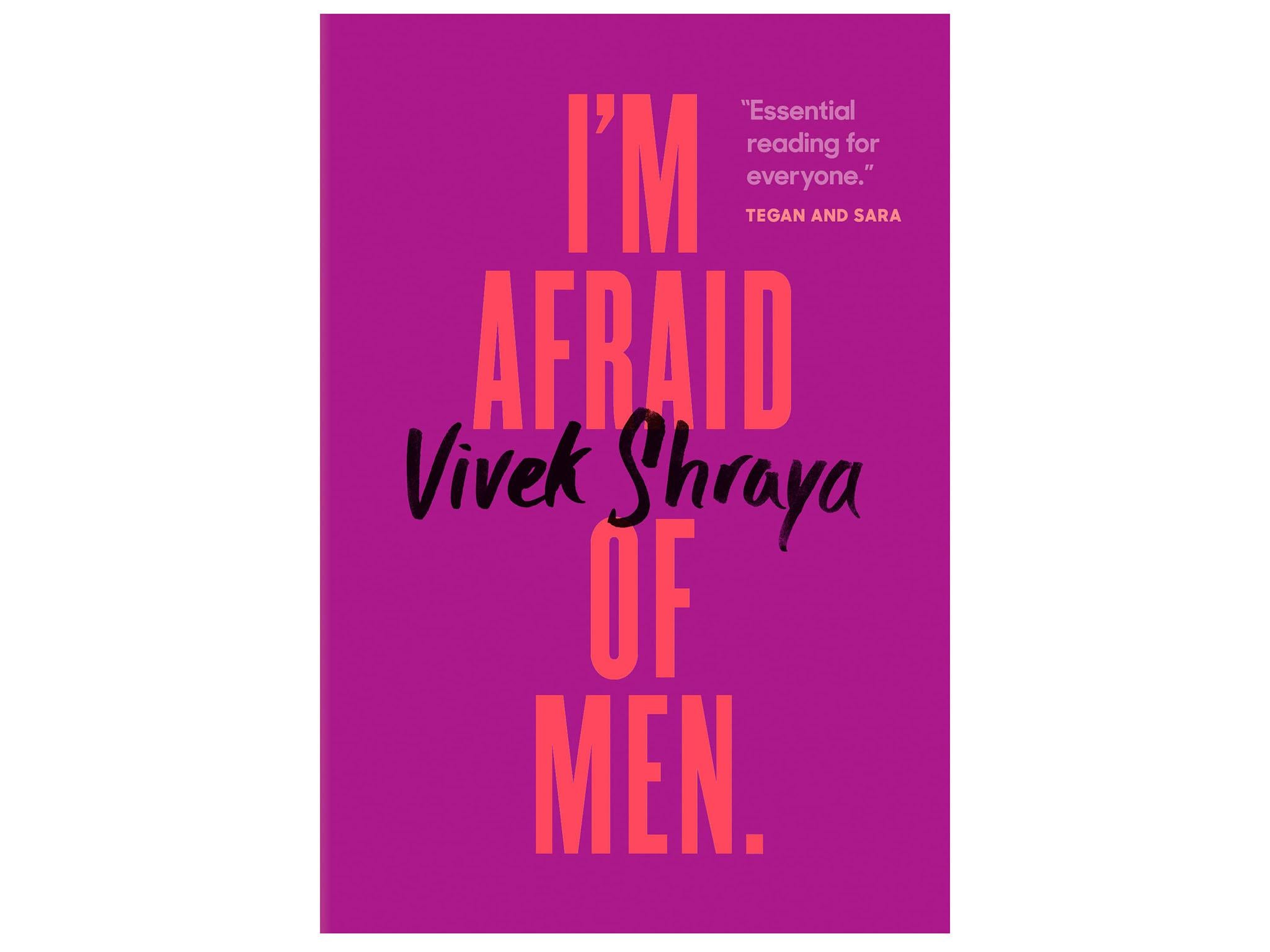
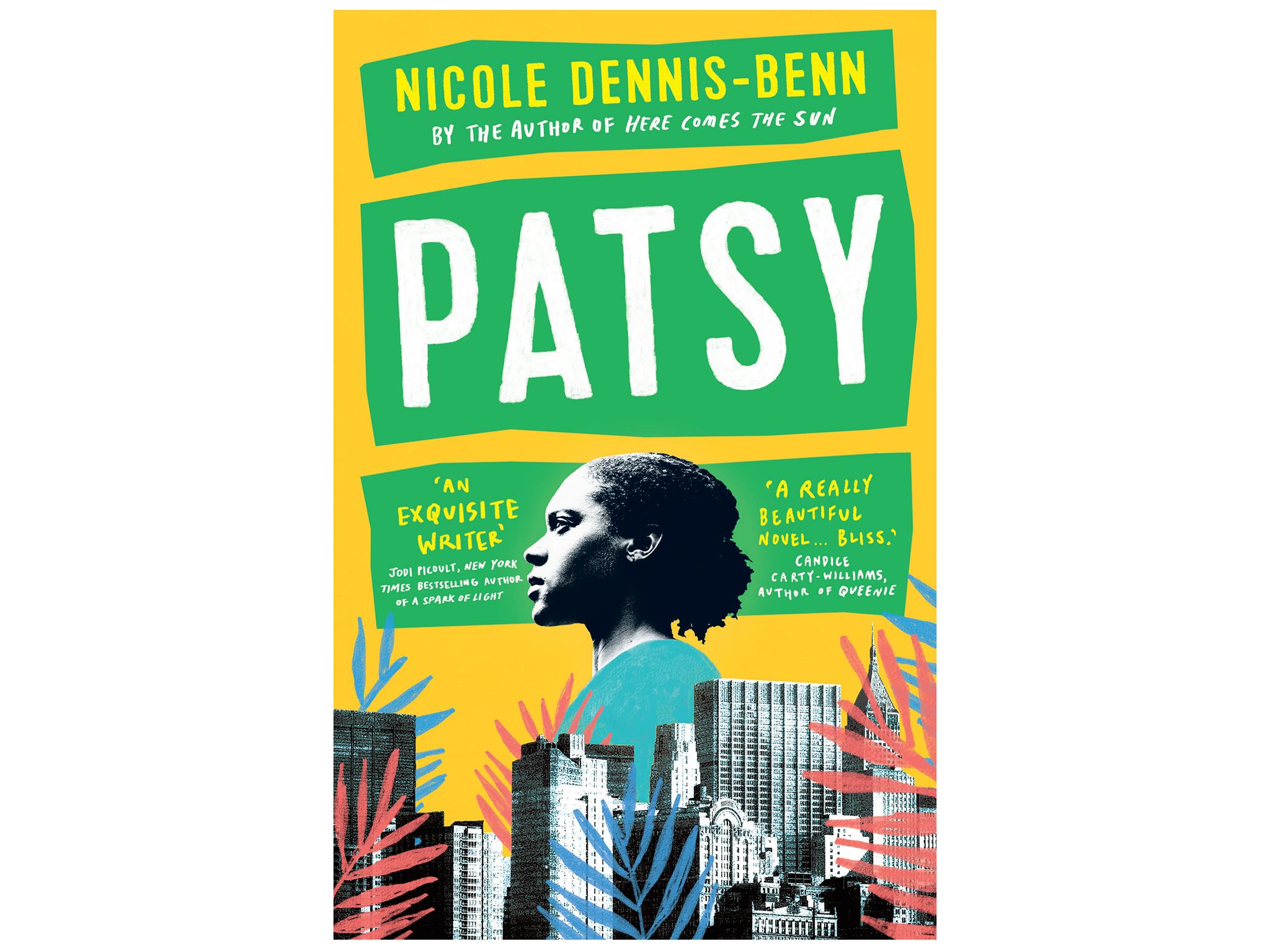
June marks the start of Pride month, a time for us to celebrate and reflect on LGBT+ lives, history and experiences.
While much progress has been made for many falling under the rainbow banner, others continue to be misrepresented and persecuted for the crime of simply being themselves.
In a hostile climate, solidarity between all marginalised people is more important than ever. And since time immemorial, books have been one of the most effective ways to share knowledge, organise and educate.
Literature connects communities, reminds us of our shared humanity and helps us to forge a path through the darkness. So, we’ve selected some of the best LGBT+ books of the last few years that we think have done just that.
Read them all – we need these voices now more than ever.
Read more:
How we tested
We picked a selection of the best fiction, non-fiction, YA and poetry books written by authors identifying as LGBT+ and that have been published in the past few years to produce this shortlist. To find our favourites, we spent many happy hours reading some incredible books before settling on this collection. We hope you enjoy reading them as much as we did.
The best LGBT+ books for 2022 are:
- Best overall – ‘Ace: What Asexuality Reveals About Desire, Society, and the Meaning of Sex’ by Angela Chen, published by Beacon Press: £10.99, Blackwells.co.uk
- Best poetry – ‘C+nto & Othered Poems’ by Joelle Taylor, published by Saqi Books: £8.39, Hive.co.uk
- Best fiction – ‘Young Mungo’ by Douglas Stuart, published by Macmillan: £10.99, Blackwells.co.uk
- Best non-fiction – ‘The Transgender Issue’ by Shon Faye, published by Allen Lane: £9.49, Waterstones.com
- Best short story collection – ‘A Dream of a Woman’ by Casey Plett, published by Arsenal Pulp Press: £10.55, Hive.co.uk
- Best for romance – ‘Last Night at the Telegraph Club’ by Malinda Lo, published by Hachette: £7.99, Blackwells.co.uk
- Best coming-of-age tale – ‘The Black Flamingo’ by Dean Atta, published by Hachette: £7.99, Waterstones.com
- Best for LGBT+ history –‘Sensible Footwear: A Girl’s Guide’ by Kate Charlesworth, published by Myriad Editions: £13.79, Hive.co.uk
- Best for laughs – ‘Wow, No Thank You’ by Samantha Irby, published by Faber & Faber: £9.99, Waterstones.com
- Best for learning about gender – ‘Non-Binary Lives: An Anthology of Intersecting Identities’ edited by Jos Twist, Ben Vincent, Meg-John Barker and Kat Gupta, published by Jessica Kingsley Publishers: £13.79, Amazon.co.uk
- Best literary read – ‘In the Dream House’ by Carmen Maria Machado, published by Graywolf Press: £8.19, Amazon.co.uk
- Best poignant read –‘Who Killed My Father’ by Edouard Louis, published by Penguin: £8.99, Waterstones.com
- Best new British novelist –‘Rainbow Milk’ by Paul Mendez, published by Hachette: £14.99, Amazon.co.uk
- Best memoir – ‘I'm Afraid of Men’ by Vivek Shraya, published by Penguin Random House Canada: £9.79, Amazon.co.uk
- Best for understanding the migrant experience – ‘Patsy’ by Nicole Dennis-Benn, published by Oneworld Publications: £8.99, Waterstones.com
‘Ace: What Asexuality Reveals About Desire, Society, and the Meaning of Sex’ by Angela Chen, published by Beacon Press

Best: Overall
Rating: 10/10
This thoughtful, explosive and essential book by Angela Chen offers an overdue insight into the multiple experiences and challenges faced by asexual people in a world that often struggles to recognise their very existence.
Journalist Chen takes a rigorous approach to her subject, interviewing hundreds of people who fall under the ace spectrum. Critiquing the centrality of sex in western society, Chen rightly notes that “true sexual liberation means having many choices – no sex forever, sex three times a day, and everything in-between – that all feel equally available and accepted.” Her observations on what she describes as the conspicuous consumption of sex as a way to perform feminist/radical politics is thought-provoking, while her dissection of social norms and how these can inhibit sex and relationships is both expansive and inclusive.
It’s not uncommon for ace activism to be considered a joke, but Chen rightly notes that it can be devastating and isolating for those who aren’t aware that this is what they are. Asexual people, like many others under the LGBT+ umbrella, also face their identities being medicalised and treated as a problem to be fixed, further reinforcing the importance of solidarity among all people under the rainbow banner.
Rather than associating asexuality with conservatism, a frequently misguided presumption, Chen states that ace activists “want to expand the potential for what pleasure can look like”. This excellent book successfully challenges many of society’s entrenched ideas around sex and desire. Reading it should be mandatory for all.
‘C+nto & Othered Poems’ by Joelle Taylor, published by Saqi Books

Best: Poetry
Rating: 9/10
Winner of the 2021 T.S. Eliot Prize, this powerful, visceral collection from Joelle Taylor is nothing less than a gift. Blending magical creativity and memoir, it’s both a love letter and a eulogy to forgotten, vilified and beloved butch women and their spaces.
Taylor tells the tale of four butch women and the specific issues that affect this group, including violence, beauty and survival. “There is no part of a butch lesbian that is welcome in this world,” she states in the preface, a sobering fact that continues to resonate both at home and abroad. Equal parts fierce, mournful and celebratory, this imaginative work laments the loss of queer women’s spaces and community through an inventive approach which incorporates sound effects and even lighting directions.
Written to be performed, there’s also a QR code at the back of the book linking to an electrifying live performance of Taylor performing this work, which is nothing short of thrilling. “Remember this: my whole fucking life is a protest,” she proclaims. This book epitomises the entire essence of Pride.
‘Young Mungo’ by Douglas Stuart, published by Macmillan

Best: Fiction
Rating: 9/10
Like the difficult second album, the stakes were particularly high for this second novel by Scottish-American writer Douglas Stuart. Shuggie Bains (£11.99, Amazon.co.uk), his debut novel, was a roaring success, winning the 2020 Booker Prize, and reaching the final for the 2020 National Book Award for Fiction. And thankfully, Young Mungo has delivered in spades.
While the two books have much in common, not least the setting of Glasgow, and the familiar themes of poverty and alcoholism, Young Mungo concerns the burgeoning relationship between two young men, one Catholic and one Protestant, struggling to survive in the hyper-masculine world of sectarian housing estates. Here, hope is a dangerous thing, suffering is the norm, and the humble kiwi fruit is a class signifier. In such a hostile environment, tenderness takes on a powerful new poignancy, especially when contrasted with the horror and depravity wrought by two strange men.
Young Mungo can be a harrowing and difficult read, but Stuart captures the clumsiness, pain and gravity of first love beautifully, however, alongside important social histories. This is a shattering and unforgettable novel that will stay with you for a long time.
‘The Transgender Issue’ by Shon Faye, published by Allen Lane

Best: Non-fiction
Rating: 10/10
Though this demographic makes up less than one per cent of the population, trans people have found themselves at the heart of discussion from a number of figures in the media, political and academic spheres. Sadly, some media reports tend to wrongly portray this marginalised group as perverse, suspicious and a threat to the very fabric of society, rather than focusing on the real-life challenges affecting trans people.
In this comprehensive, state-of-the-nation work, Faye lays out the facts in unsparing detail, from healthcare to housing, work to family, the criminal justice system and LGBT+ community life. Alongside dispelling popular myths – children under 18 in the UK never have genital surgery, for example – she also emphasises the similarities shared by other disenfranchised people, such as workers, feminists, anti-racists and queer people and the importance of solidarity.
Rather than calling for equality, Faye is invested in liberation, collective action and hope. A manifesto for an alternative present where trans peoples’ existence “enriches the world”, this refreshing landmark work is an essential read and an electrifying call to action.
‘A Dream of a Woman’ by Casey Plett, published by Arsenal Pulp Press

Best: Short-story collection
Rating: 9/10
Why Plett isn’t better known on this side of the Atlantic remains a mystery. Hailing from a Mennonite background in Canada, A Dream of a Woman marks her second short story collection after 2014’s magnificent A Safe Girl to Love (£15.24, Blackwells.co.uk) and the multi-award-winning (LAMBDA, Amazon First Novel Award) 2018 novel Little Fish (£12.15, Amazon.co.uk). Her stories primarily focus on trans women and the challenges they face in a world that often dehumanises them, and on the relationships – good and bad – they navigate.
In addition to themes of addiction, the challenges of living in a cold climate and survival, one of Plett’s many skills is depicting the day-to-day existence and conventional aspects of a group too often wrongly portrayed as deviant. “I’m interested in the mundanity of transness and in the mundane ways that transness affects trans peoples’ lives,” she said in a recent interview with the Harvard Review. But her work is far from humdrum. Both bittersweet and beautiful, Plett writes perfectly imperfect characters that make you feel less alone.
‘Last Night at the Telegraph Club’ by Malinda Lo, published by Hachette

Best: For romance
Rating: 9/10
When 17-year-old Lily Hu spots an advert for a “male impersonator” act in her local paper at the enigmatic Telegraph Club, it marks the start of a journey of self-discovery and burgeoning sexuality that permeates every aspect of her life. Set in San Francisco’s Chinatown in the 1950s against a backdrop of McCarthyism and red scare paranoia, Hu begins to live a secret double-life that requires her to re-evaluate everything she thinks she knows, while discovering a thrilling underground queer community.
In this delightful book, Lo captures the headiness and thrill of first love exquisitely and the risks we take for love. Last Night at the Telegraph Club is a thoughtful semi-fictionalised account of an important and overlooked period in queer, American history.
‘The Black Flamingo’ by Dean Atta, published by Hachette

Best: Coming-of-age tale
Rating: 9/10
Told in verse, this beautiful coming-of-age story focuses on Felix, a Jamaican-Greek Cypriot teenager, coming to terms with his identity as a gay man. From leaving his home in London, to finding a home to explore and celebrate himself in his university’s drag society, this joyful tale is full of heart and hope.
Winner of a Stonewall Book Award, respected poet Atta said of the novel: “I would like this book to show people some of the many ways you can f*** with gender rather than always being f***ed over by it.” While this may be a book written for young adults, it’s a delight to read, whatever your age.
‘Wow, No Thank You’ by Samantha Irby, published by Faber & Faber

Best: For laughs
Rating: 10/10
This flawless collection of essays by US comedian and author Samantha Irby combines candid emotional output with laugh-out-loud humour to triumphant effect. Written on the brink of her fortieth birthday, Irby contemplates the shifts in a life that has shifted from riotous all-nighters to “girls gone mild”.
Subjects under scrutiny include making friends as an adult, smartphone addiction, lesbian bed death – “the most I’ve been asked to do before f****ng a woman is shoo the cat off the bed beforehand” – incontinence, loathing (of oneself and the wider populous) and life itself – “a mistake and everyone is trash”.
A welcome hiatus from the cacophony of millennial voices eulogising about skincare regimes – “I don’t drink water and my blood type is pizza” – this book makes you feel less alone. Misanthropy might not be cool, but Irby makes it funny as hell.
‘Non-Binary Lives: An Anthology of Intersecting Identities’ edited by Jos Twist, Ben Vincent, Meg-John Barker and Kat Gupta, published by Jessica Kingsley Publishers

Best: For learning about gender
Rating: 10/10
This beautifully curated collection of essays is a welcome tonic in a cultural climate that seems hellbent on misunderstanding and misrepresenting those who do not fall into gender binaries. With a focus on intersections, this anthology specifically aims to examine the ways in which a person’s other identities – such as being a parent, having a faith, being black or having a disability – intersect with their non-binary identity.
Some writing on gender can often be inaccessible and academic, so it was a pleasure to read a collection of essays that were highly personal, thoughtful and immensely insightful. From “gender euphoria” to “radical softness”, working through each contribution felt like having an illuminating conversation with the most informed and thoughtful person you know.
This diverse group of individuals have done the work in picking apart the norms that prevail in many societies and discovered how prescriptive and stifling these can be. The overriding message is that non-binary people exist in multiple forms – that there is no “right way” to be non-binary – but there is plenty more to learn besides. Essential reading for anyone wishing to learn more about the wonderful diversity of humans. Furthermore, profits from the sale of this book will go to organisations supporting marginalised trans and non-binary folks.
‘In the Dream House’ by Carmen Maria Machado, published by Graywolf Press

Best: Literary read
Rating: 10/10
Winner of the 2021 Rathbones Folio Prize and 2020 Lambda Literary LGBTQ Nonfiction award, Carmen Maria Machado’s astonishing account of the abuse she was subjected to by her ex-partner is equal parts poetry and horror. With unwavering frankness, Machado describes the initial rapture of her first same-sex relationship and its subsequent distortion into violence and fear.
Deftly chronicling the shame, disbelief and immobilising nature of abuse, Machado utilises different literary forms to describe her experience, such as folk tale tropes and genres, an approach that only serves to add to the unsettling sense that permeates the book. Some “chapters” are a single sentence – “dream house as epiphany: most types of domestic abuse are completely legal” – and her ability to make language sing is absolutely remarkable. The book also exists as an essential addition to a limited archive documenting same-sex abuse. A towering achievement from a truly outstanding writer.
‘Who Killed My Father’ by Edouard Louis, published by Penguin

Best: Poignant read
Rating: 10/10
Louis’ devastating memoir reflects on his relationship with his father who, at the age of 50, is close to death. In less than 90 pages, Louis describes the casual violence, poverty, homophobia and shame that blight both father and son, while laying full responsibility at the feet of a political elite whose policies mean the difference between life and death for society’s most vulnerable.
It’s no coincidence that the book’s title lacks a question mark; Louis has receipts and names names. But it’s not all horror – tenderness, growth and honesty all feature, but it’s the lack of autonomy, the predictability of poverty and the anger this invariably generates that’s the real gut punch. A masterful work from an underrepresented voice, which reminds us that the political is intrinsically personal.
‘Rainbow Milk’ by Paul Mendez, published by Hachette

Best: New British novelist
Rating: 8/10
A fearless and hopeful account of one black man’s entry into adulthood that explores identity, family and sexuality against the backdrop of the Windrush legacy. Beginning with the arrival of his ancestors from Jamaica to the UK in the 1950s, Mendez deftly portrays the systemic discrimination and violence faced by black people, both then and now.
The story then moves to Jesse, a young man brought up as a Jehovah’s Witness, coming to terms with his sexuality in a family and religion that refuses to accept him. The novel follows him to London where he learns about independence, sex, love and class in often heart-breaking and joyful ways. Featuring one of the best Christmas Day scenes devoted to print, this is a wonderful read from an exciting new voice in British fiction.
‘I'm Afraid of Men’ by Vivek Shraya, published by Penguin Random House Canada

Best: Memoir
Rating: 8/10
As a trans woman of colour, Shraya writes with painful authority about the avalanche of violence she is subjected to. From her clothing, to her usage of exclamation marks in communication to “soften” her message and avoid “agitating or offending” men, Shraya’s experiences lead her to conclude that “the only time I can make choices about how I want to look, act [and] communicate is when I’m inside my apartment”.
In addition to the transmisogyny she faces, Shraya writes with clarity about boundaries and queer spaces, the epidemic of male violence, and how we need to discard the archetype of the “good man” for a more nuanced conversation around masculinity. Accessible, essential and all too relatable, this is a thought-provoking discussion of vital issues that affect us all.
‘Patsy’ by Nicole Dennis-Benn, published by Oneworld Publications

Best: For understanding the migrant experience
Rating: 8/10
Sacrifice and survival are the major themes in this absorbing novel that follows Patsy as she leaves behind her five-year-old daughter in Jamaica in the hope of a better life (and love) in the US. Instead of the American dream and a romantic reunion with her childhood sweetheart, Patsy quickly discovers the reality of life as a black, undocumented immigrant in a racist world. Left with her absent biological father, the book also charts her daughter Tru’s struggles as she grows up with her own secrets.
As well as examining the specific challenges faced by those at the intersection of race and class, Patsy also represents those women who fail to conform to societal expectations – be it as mothers, carers, or through sexuality and gender. A thoughtful and enjoyable portrayal of a woman seeking freedom, at all costs – and the 2020 Lambda Lesbian Fiction award winner.
The verdict: LGBT+ books
Selecting a single book out of such a superb collection is a challenge, but for unpacking entrenched societal attitudes around sex and desire, whatever your identity, Angela Chen’s Ace: What Asexuality Reveals About Desire, Society, and the Meaning of Sex is excellent.
Shon Faye’s The Transgender Issue comes a close second for laying out the reality of trans life today in a culture where most reports of trans people are salacious and outright hostile accounts by cis people.
At the lighter end of the spectrum,Wow, No Thank You is an uproarious and relatable collection offering welcome comedic relief.
Voucher codes
For the latest discounts on audiobooks, try the link below:
Discover more great authors and books you’ll love in the Women’s Prize for Fiction shortlist 2021
